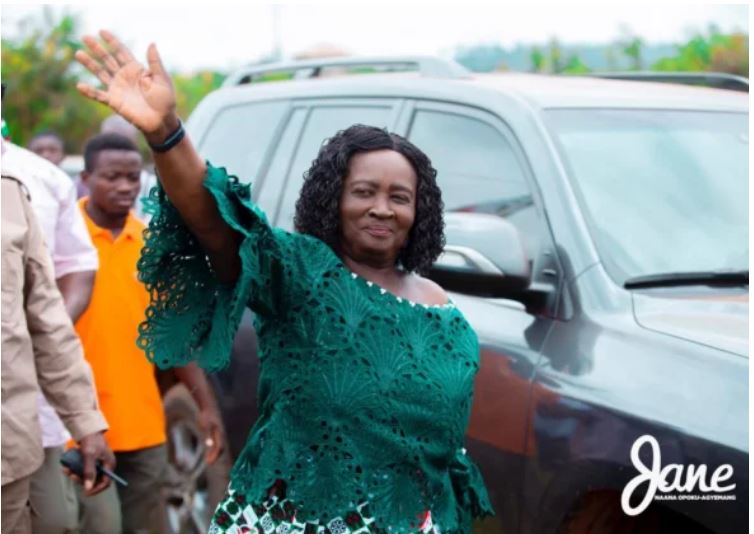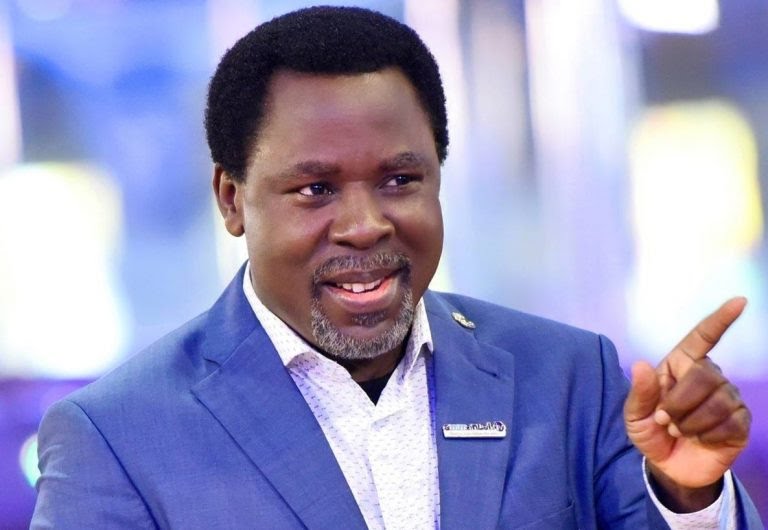The 2024 Running Mate of the National Democratic Congress, (NDC), Professor Opoku Agyemang has strongly criticized President Nana Akufo-Addo for what she describes as a ‘slap in the faces’ of Ghanaians demanding better implementation of the free Senior High School program.
According to her, to tell tax payers demanding their right, to send their wards to private schools if they can afford, depicts an arrogant leader, acting with impunity.
Speaking to journalists after a donation of GHC50,000 to support a cancer treatment fund established by the Ghana National Association of Teachers, Professor Opoku-Agyemang expressed disappointment at the President’s statement, describing it as a clear reflection of his “lack of understanding and sympathy for the vulnerable.”
She questioned why the Nana Akufo Addo would encourage those who can afford private education to leave the free SHS program but ignore the plight of those who cannot afford alternative options.
President Akufo-Addo in an address at the Annual Ghana Bar Association (GBA) Conference held in Kumasi replied critics of the state of the free SHS policy by asking them to consider enrolling their children in fee-paying institutions.
He said, “People who can afford to pay fees for the education of their ward should send them to fee-paying private schools.”
But Professor Opoku-Agyemang, a former lecturer and once a Minister of Education accused the President of promoting an education system that favours the wealthy over the poor.
“The President’s comment suggests that if you have the means, you should opt out of the free SHS program, but what about those who cannot afford to opt out?” she asked.
“School children are national assets, and we need to be more understanding and sympathetic to the problems they face.” She added
Prof. Naana Opoku Agyemang argued that instead of encouraging the affluent to abandon the free SHS program, government must admit there are real challenges, open up for suggestions and focus on improving the quality of education for all, regardless of socio-economic status.
The free SHS program as it stands, continues to face challenges, including funding constraints and infrastructure deficits.





